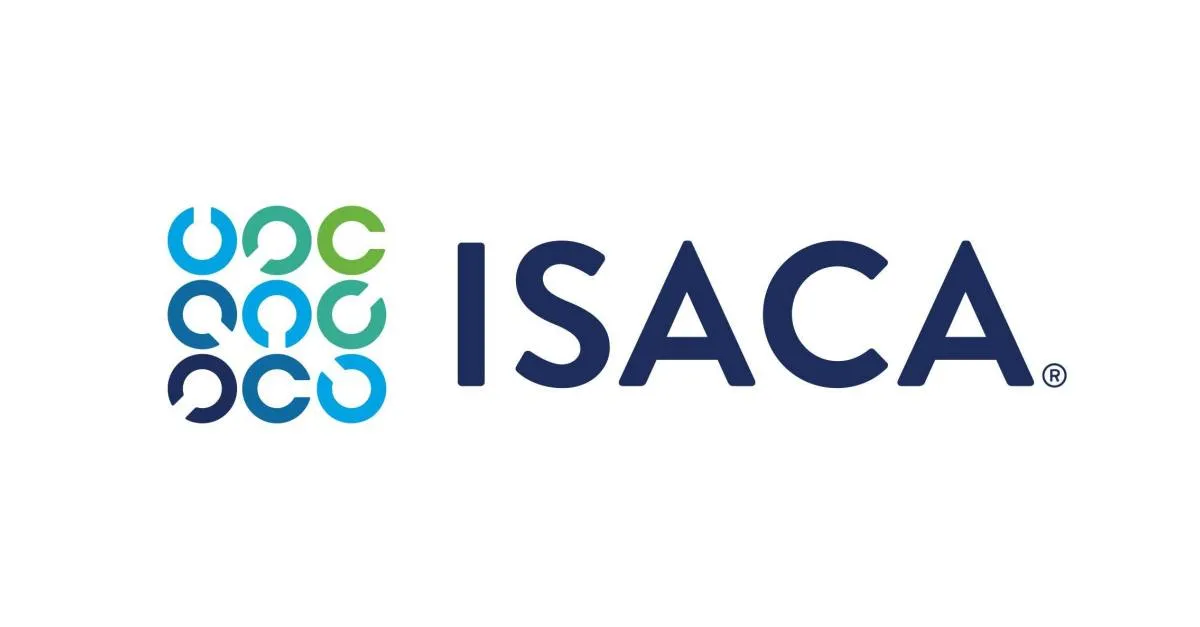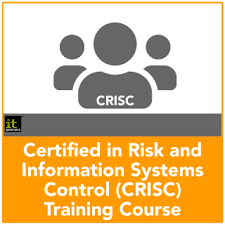The Information Systems Audit and Control Association (ISACA) offers a certificate called Certified Information Systems Auditor (CISA).
For people with a career in information systems, such as auditing, control, and security, the certificate is the industry standard.
Learning Objectives
- Information systems auditing;
- Audit and assurance guidelines for information systems;
- Development and implementation of information systems acquisitions;
- Identification and assessment of vulnerabilities;
- Management and upkeep of information systems operations;
- And information asset protection
Course Outline
Certified Information Systems Auditor(CISA®) course outline covers the following domains:
Course Introduction
Process of Auditing Information Systems
Governance and Management of IT
Information Systems Acquisition, Development and Implementation
Information Systems Operations, Maintenance and Service Management
Protection of Information Assets
Course Summary
Overview
The CISA serves as proof to employers that its holders possess the in-depth expertise, technological know-how, and competency needed to handle the ever-changing difficulties that face contemporary businesses.
The Certified Information Systems Auditor® (CISA), who is acknowledged worldwide as the premier authority for auditing, monitoring, and assessing business and IT systems, concurs that emerging technologies have significant value. Getting certified as a CISA validates your ability to conduct audit engagements using a risk-based approach. Through its focus on cutting-edge technologies like as blockchain and artificial intelligence, CISA ensures that IT audit professionals stay abreast of the latest advancements in technology.
The most desirable certification for IT auditors is CISA, while ISACA credentials are in the top ten highest-paying in the industry.
The CISA Course helps professionals understand the information system audit process and how to safeguard it. It also helps professionals recognize and assess vulnerabilities and report on institutional and compliance controls. Candidates can become CISA-certified after meeting the experience criteria set by ISACA. The credential is offered to those who pass the CISA Exam with the required passing score. CISA Training in Lagos Nigeria covers the domains and topics outlined in CISA Exam outline. This ensures that participants are well-prepared for the exam.
Through our expertise, candidates who enroll in CISA Training learn about the most recent procedures used in the industry. Our instructors include participants in case studies and dialogues that facilitate the acquisition of IT auditing skills. Furthermore, students have the option to choose between in-person classroom sessions and instructor-led live online sessions based on their convenience.
To obtain a CISA, you must follow five(5) procedures:
- Obtain a CISA test pass.
• Send in your application. A person applying to ISACA must provide documentation of their educational background, professional experience, or both.
• Follow the Code of Professional Ethics established by ISACA.
• Fulfill CPE obligations.
• Adhere to the information systems auditing standards set out by ISACA.
Audience
IT managers, security managers, system analysts, consultants, and professionals who are eager to pursue a career in information systems auditing are among the following: individual learners; professionals who are auditors or who operate in an audit setting;
Pre-requisites
To become certified, one must have at least five years of professional experience in information systems auditing, control, or security (as defined by the CISA employment practice areas). Up to three years’ worth of substitutions and waivers of this experience may be acquired in the manner described below:
- The most amount of experience that may be substituted for one year is one year of non-IS auditing experience OR a maximum of one year of information systems experience.
• One or two years of experience may be replaced with 60 to 120 completed semester credits from a university (the equivalent of a two-year or four-year degree), provided that they are not subject to the 10-year prior restriction.
• One year of experience may be replaced with a master’s degree in information technology or information security from a recognized university.


